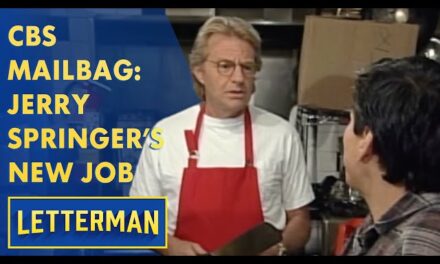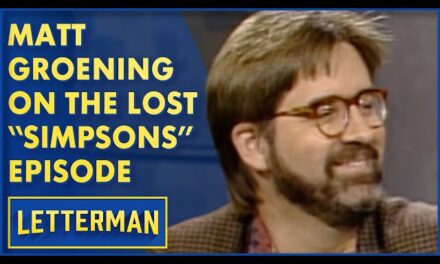During the interview, Letterman and Carter reminisced about a previous encounter. Although Carter had met many famous individuals throughout his life, he confessed that he couldn’t remember meeting Letterman before. However, the former president was quick to mention that he had autographed a copy of Letterman’s book for him during their previous meeting, which brought a smile to both their faces.
The conversation swiftly shifted to the recent historic event where Carter was recognized for his efforts in the Middle East. It was Carter’s first visit to the White House in twelve and a half years, and the preparations behind the scenes were immense. Carter revealed a humorous moment when Bill Clinton persuaded Prime Minister Rabin to attend the event alongside Arafat. Rabin agreed, but cheekily added that he would exchange a handshake but no kisses.
As the discussion carried on, Letterman couldn’t resist asking Carter about former President Reagan’s two-million-dollar speaking fee in Japan. With a smile, Carter steered clear of making any direct judgments but humorously mentioned that he wouldn’t mind another opportunity for a similar fee.
Language barriers were another interesting topic of conversation. As a former president who often traveled to foreign countries, Carter relied heavily on translators. He shared a funny anecdote about a speech he gave in Japan, where he received uproarious laughter from the audience. Curious about his joke’s success, Carter asked the interpreter to teach him how to replicate it in English. To his surprise, the interpreter simply responded, “President Carter told a funny story; everyone must laugh.”
The interview also touched on Carter’s experiences with interpreters during his trips abroad, including a misinterpreted comment about the Polish Catholic people’s commitment to “free love.” Despite these language mishaps, Carter continued to travel the world and work towards peace.
Carter’s book, “Talking Peace,” was a central point of discussion. Geared towards students, teachers, and parents, the book explores the causes of war, the connection between peace and democracy, and techniques for conflict resolution. Carter emphasized that these techniques could be applied not just on a global scale but also within families and schools.
The interview concluded with Letterman expressing his admiration for Carter and thanking him for taking the time to be on the show. Carter’s presence and storytelling had undoubtedly made the talk show experience even more entertaining and memorable for both the audience and viewers at home.
In conclusion, David Letterman‘s talk show was truly elevated by the presence of Jimmy Carter, the 39th President of the United States. Their lively conversation, filled with humorous anecdotes and fascinating insights, captivated both the studio audience and those watching at home. Carter’s appearance shed light on his book, “Talking Peace,” and showcased his commitment to promoting understanding and peace, both domestically and internationally.




